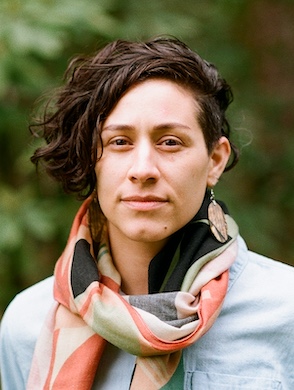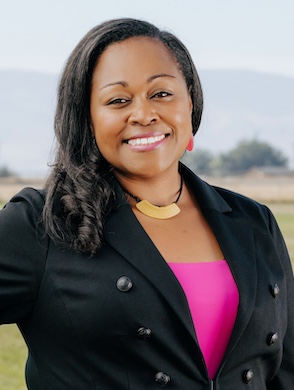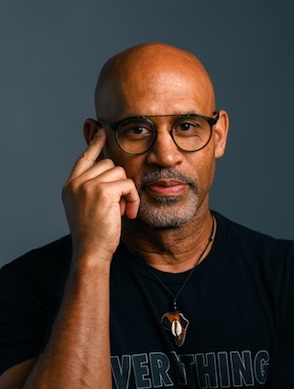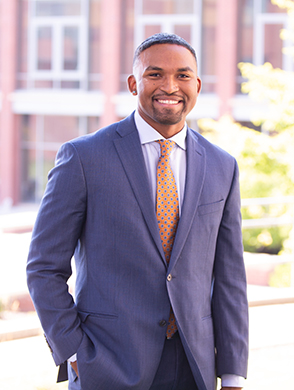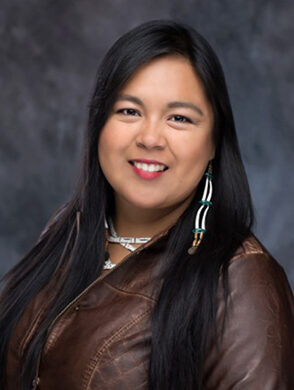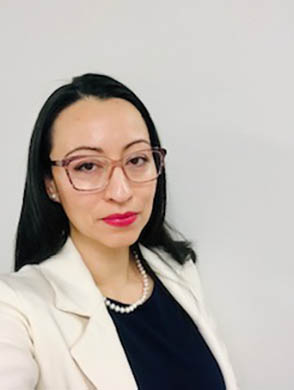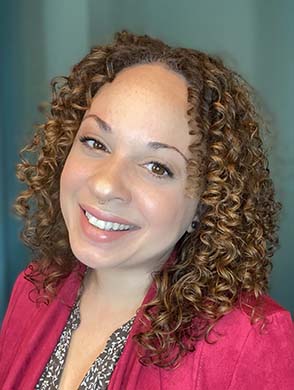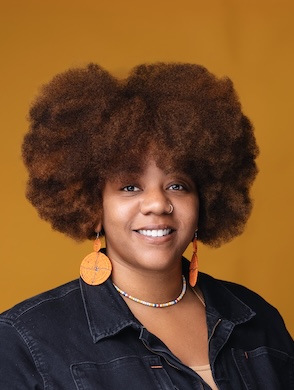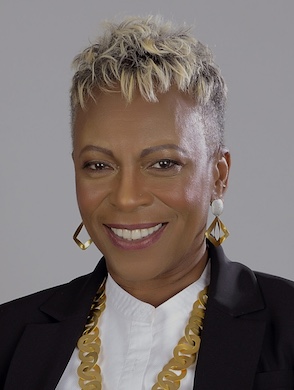Rashad Norris, Founding Design Committee Member: Rashad received his BA in Marketing Communication with a Minor in English from the University of Puget Sound, where he also played basketball. He earned his Master’s in Public Administration from Evergreen State College.
As the founder of Relevant Engagement Consulting LLC, Rashad partners with State of Washington (DYHS) Department of Child, Youth and Families Services Community, Reentry and Parole Program’s Juvenile Rehabilitation by conducting culturally relevant healing sessions with incarcerated teens as a part of the youth’s re-entry process. In addition to this work, he has extensive experience in creating black and brown male engagement programs and services and providing proven engagment strategies for youth of color within the WA State K-12 education system and Higher Education system.
Rashad has been asked to lead workshop sessions for professional development with teachers and administrators from local and state school districts regarding student engagement practices. Rashad also delivers motivational presentations that uplift young people in the community through keynote addresses, seminars, professional development workshops, and conference presentations to adults working in the education system and non-profit organizations. He has a proven track record and history of being called to inform, teach, and put into practice the work that he has created to help him engage effectively using DEI+I (Diversity Equity Inclusion + Injustice) content. He possesses a Social Justice, Anti Racist, and Equity minded approach that has gifted him the ability, creativity, and communication style to create spaces for authentic dialogue and tangible outcomes that reach diverse audiences.
Mỹ Tâm H. Nguyễn, Founding Design Committee Member: Mỹ Tâm H. Nguyễn lived experience growing up with a single mom in deep poverty without running water and electricity in a village in Vietnam, low-income housing in King County, and surviving non-Hodgkins lymphoma in her 20’s through the support and innovation of Seattle’s cancer care community informs her work in systems change for government, startups, and non-profits across the U.S. and in Europe. From modular housing to homelessness and fintech, immigrant integration to economic development strategies for refugees, she launches and implements practical innovations, strategies, and frameworks to meet the needs of those who are historically left out of opportunities and resources. She is especially passionate about reimagining giving and a financial system that is accessible and equitable for all.
She is currently the CEO & Founder of làmdi, a management consulting and executive coaching practice supporting the people behind impactful ideas to launch, transition, and scale. Before launching làmdi, she grew the National Innovation Service (NIS) a systems-change agency focusing on homelessness and centering community-based research and design. She is also a co-founder of Blokable, a smart modular housing company designed to address the affordability crisis. Her public service includes working in the governor’s office of WA state, the mayor’s office in Seattle, the lead for public engagement for Seattle’s city planning team, and running two political campaigns.
She’s currently on the board of UW Press, and successfully supported Community Credit Lab as a board member through its successful launch, scale, and acquisition by Common Future. She is a graduate of Harvard University and the University of Washington.
Bridgette Hempstead, Founding Design Committee Member: Bridgette Hempstead is the Chief Executive Officer and Founder of Cierra Sisters, Inc., an African American Breast Cancer organization that uniquely provides education and advocacy about women’s breast and health issues.
Bridgette’s personal, hands-on approach, has and is changing the lives of women all across the country. Her determination to educate and empower others comes out of her own experience with breast cancer. A 25-year, two-time breast cancer survivor, Bridgette received her diagnosis on her 35th birthday. At that time, she found no resources for African American women. Therefore, she became the solution, and thus, Cierra Sisters was born.
Bridgette found that women’s fear of breast cancer was due largely to their lack of knowledge. As the late author and entertainer, Earl Nightingale once stated, “Whenever we’re afraid, it’s because we don’t know enough. If we understood enough, we would never be afraid.” Inspired by Mr. Nightingale’s words, Bridgette chose the African word “Cierra” which means “knowing” to identify the community resource and educational organization which she began in February 1996.
As her reputation has grown in the health community, more patients have been referred to Bridgette and Cierra Sisters by doctors, family members, LGBT, and religious institutions familiar with Bridgette’s assistance in navigating individuals through the health care system. Over the years Bridgette’s work has been featured by multiple healthcare organizations including the American Society of Preventive Oncology, the JAMA, and the Seattle Cancer Care Alliance.
Estakio Beltran, Founding Design Committee Member: Estakio works with community-based organizations to design systemic solutions that improve social determinants of resilience, advocacy, and health for rural communities.
Estakio weaves his life experiences, educational and professional achievements, and love for the Yakima Valley throughout his work. In October 2020, Philanthropy Northwest honored Estakio with the prestigious Mary Helen Moore Ambassador of the Year Award in recognition of his remarkable leadership and contributions to the sector.
Estakio grew up in foster care, where he lived in multiple placements all over the Valley including the Yakama Reservation— for him this is a stamp of resilience and achievement. He earned his BA from Gonzaga University, and his Masters in Public Administration from Columbia University in New York before returning to the Yakima Valley in 2019 after spending over a decade advising senior members of Congress and high-ranking officials in Washington, D.C as a public policy professional.
Estakio’s success lies in his ability to create a bold vision for systems change through community-driven innovation.
Karla Brollier, Founding Design Committee Member: Karla is an artist and systems thinker that focuses on Climate Economics, Kincentric Ecosystems, Climate Change, Indigenous Rights, Human Rights, Women’s Rights, Emerging Issues, New Economies and System Change.
Karla Brollier is of the Yidateni Na’ Tribe of the Ahtna Athabaskan peoples, she was born and raised in Alaska where she obtained her undergraduate degree as well as an MBA.
Karla is a catalyst in the climate and human rights movement in both the public and private sectors; she has spent much of her career consulting and working in emergent issues such as policy, climate economics, environmental justice and has worked with the Climate Reality Project, the UN and directly with several US administrations and a multitude of international and nationally based climate change related programs and groups such as for the former VP Al Gore and the World Economic Forum. Karla has given plenary presentations at the international level including the WEF, presented at the United Nations, lectured at multiple universities, as well as facilitates and teaches workshops and classes around the globe.
Elisheba Johnson, Founding Design Committee Member: Elisheba is a curator, poet, public artist, and consultant living in Seattle, WA. Johnson, who has a BFA from Cornish College of the Arts, was the owner of Faire Gallery Café, a multi-use art space that held art exhibitions, music shows, poetry readings, and creative gatherings.
For six years Johnson worked at the Seattle Office of Arts and Culture on capacity-building initiatives and racial equity in public art. Johnson was a member of the Americans for the Arts Emerging Leaders Network advisory council and has won four Americans for the Arts Public Art Year in Review Awards for her work. She currently co-manages Wa Na Wari, a Black art center in Seattle’s Central Area that uses the arts to build community and resist displacement.


